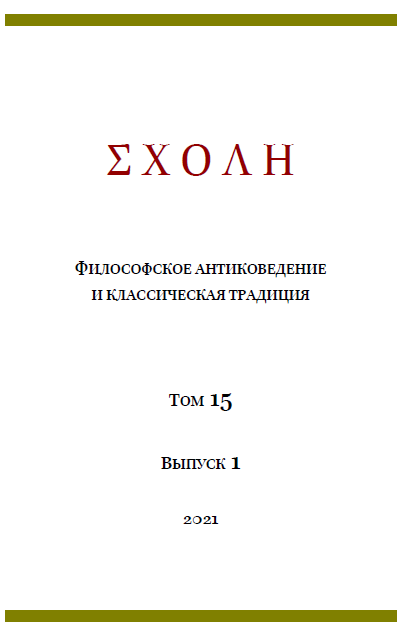ПРОТИВОДЕЙСТВИЕ АРИСТОТЕЛИЗМУ В ЕВРЕЙСКОЙ КУЛЬТУРЕ: КОНФЛИКТ ВОКРУГ ПРОИЗВЕДЕНИЙ МАЙМОНИДА В XIII В. С ТОЧКИ ЗРЕНИЯ ТЕОРИИ ИГР
THE RESISTANCE TO ARISTOTELIANISM IN JEWISH CULTURE: GAME-THEORETICAL ANALYSIS OF THE CONFLICT AROUND MAIMONIDES' MANUSCRIPTS IN THE 13TH CENTURY
Author(s): Uri Gershowitz, Denis KUZYUTINSubject(s): Cultural history, History of Judaism, Ancient Philosphy, 13th to 14th Centuries, Peace and Conflict Studies
Published by: Новосибирский государственный университет
Keywords: Aristotelianism; Judaism; Maimonides; Maimonidean Controversy; Social Conflict; Mathematical Game Theory;
Summary/Abstract: The Maimonidean Controversy at the beginning of the 13th century was one of the most significant conflicts in the midst of the Jewish diasporas in the Middle Ages. The conflict followed a vivid discussion on the treatises of Maimonides and the interpretation of Judaism in the light of Aristotelian philosophy. Almost all of major Jewish communities in Europe were drawn in this conflict. Moreover, at some point the conflict expanded outside of the Jewish world, so that some works of Maimonides were burnt by the Christian Inquisition as heretical books. Despite the significance of these events and the trace left in the memory of the Jewish people, there is not much reliable evidence about them. The authors aim to discuss the history of this conflict, focusing on the problematic aspects of the Maimonides’ teaching, and to make a reconstruction of the events occurred, to provide a specification of main characteristics of the conflict interaction (the players, their strategies and preferences, possible outcomes of the conflict, conflict dynamics, etc.), to design a game-theoretical model of the social conflict under consideration and to explore this model using the methods of mathematical game theory. It turns out that the majority of the players' actions correspond to optimal behavior concepts employed in game theory (bargaining solutions, Pareto efficiency, Nash equilibria). However, some actions obviously contradict the concept of rational behavior (one of the fundamental assumptions in mathematical game theory), and namely these actions induced the conflict escalation and such a tragic outcome.
Journal: ΣΧΟΛΗ. Философское антиковедение и классическая традиция
- Issue Year: XV/2021
- Issue No: 1
- Page Range: 126-160
- Page Count: 35
- Language: Russian

